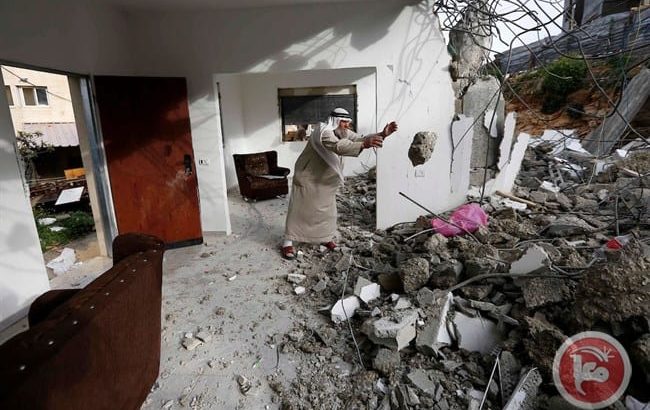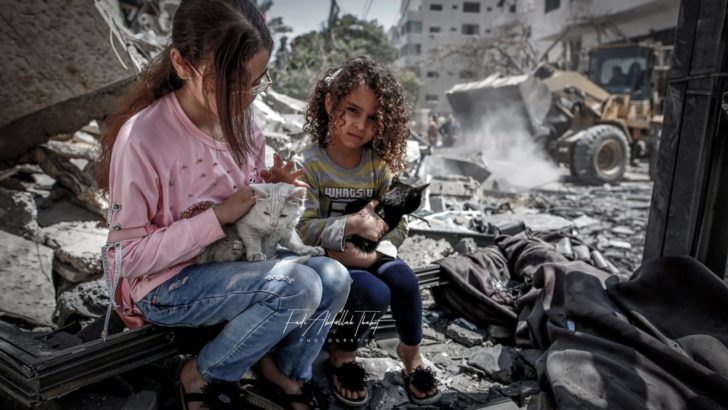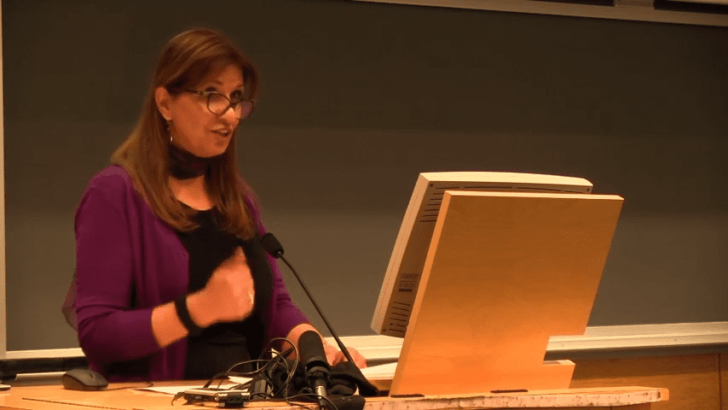Ukrainian state company lodges complaint with EU Commission
The Ukrainian state-owned energy company Naftogaz has lodged a complaint with the European Commission against Nord Stream II. The pipeline is “anti-competitive.” The reasoning goes that Russia’s energy giant Gazprom, which controls the project, is aiming to dominate the European gas market.
According to Naftogaz, the planned gas connection is a “predatory investment” [eine „räuberische Investition“!] aimed at preventing the import of US LNG into the EU.
The EU Commission will examine the complaint and, if necessary, initiate a competition procedure, according to a spokeswoman for the authority.
According to Naftogaz, the planned gas connection is a “predatory investment” [eine „räuberische Investition“!] aimed at preventing the import of US LNG into the EU.
The EU Commission will examine the complaint and, if necessary, initiate a competition procedure, according to a spokeswoman for the authority.
As there is no way that LNG from the US can be competitive, we have to wonder whether the complaint was written in Kiev, or in Washington. On the same subject, we read in Der Spiegel:
The statement of the grounds for the complaint stated that no economic justification can be identified for the construction of the pipeline, therefore “their purpose can only be anticompetitive,” Naftogaz explained. The Russian gas giant Gazprom, which controls the project, is aiming for a dominant position in the European gas market.
Nord Stream II is to transport gas from Russia to Germany. The project is particularly controversial in Eastern Europe, is rejected by a majority of MEPs, and has encountered, fierce resistance, especially from the US.
The management is by Gazprom, but European energy companies such as the BASF subsidiary Wintershall are also participating in the financing. According to information from Nord Stream, the construction work is almost half completed: more than 1100 kilometers of pipeline, which is supposed to run over a distance of 1230 kilometers, have been laid in the Baltic Sea
Naftogaz described the pipeline as a “predatory investment” aimed, for example, at preventing increased imports of LNG into the EU.
Just last week, US Secretary of Energy Rick Perry campaigned in Brussels for the purchase of more US LNG, insisting the US is a more reliable partner for energy than Russia. However, world market prices for LNG are higher than those for Russian pipeline gas.
Nord Stream II also aims to circumvent the Ukrainian gas transport network, complained Naftogaz. “The Gazprom Group is a geopolitical and geo-economic instrument of the Russian Federation,” in order to make Europe dependent on energy policy and harm Ukraine, the company warned.
The EU Commission has acknowledged receipt of the Ukrainian complaint. The EC will now investigate the matter “as soon as possible” and if necessary initiate a competition procedure, said a spokeswoman for the Brussels authority.









